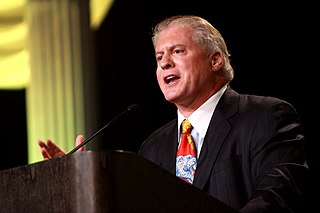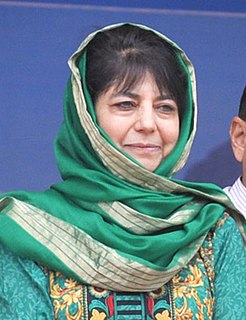A Quote by Margaret Hoover
The key to winning millennials is to stick to pragmatic solutions issue by issue. The millennial generation is characterized partly by their desire to see the system work - and they get that this system isn't working. But they also want to be part of the solution.
Related Quotes
Of course the issue of ending war, and creating prosperity; they're overarching issues all the time. But right now, the challenge to this generation I believe is the climate crisis. It's a national security issue, it's a health issue in terms of clean air, it's a competitiveness issue in terms of innovation and it's a moral issue to preserve the planet for the next generation.
Also, it's not the mathematical skill that's critical to winning, it's the discipline of being able to stick to the system. There are very few people who can withstand the losses emotionally and still stick with the system. Probably only one in five hundred people has the necessary discipline to be successful.
Take the life issue. This issue requires a president and an administration leading our nation to understand the importance of life. This whole faith-based initiative really ties into a larger cultural issue that we're working on. It begins to affect the life issue, as well as the human dignity issue, because when you're talking about welcoming people of faith to help people who are disadvantaged and are unable to defend themselves, the logical step is also those babies.
Abortion is a states' rights issue. Education is a states' right issue. Medicinal marijuana is a states' rights issue. Gay marraige is a states' rights issue. Assisted suicide- like Terri Schiavo- is a states' rights issue. Come to think of it, almost every issue is a states' rights issue. Let's get the federal government out of our lives.
The underlying issue is the system of capitalism itself, and under this system the best means for regulating or checking their power is not relying on a government which represents the interests of the rich but for millions of working people to become politically active in workplaces and communities through building unions and our own political party.
You see a wave of populism in the world. There is something wrong. This maybe because of technology. The ability of people to reach their own news sources now, and create different views, is really unbelievable. There is a desire for change. There is a millennial generation that doesn't like what they're seeing, but doesn't quite know what the solution is.
The issue of Kashmir is both political and emotional in nature. Any pragmatic and lasting solution needs India and Pakistan sitting together on a table and discussing a solution that addresses the aspirations of Kashmiris and does not compromise the territorial integrity of either India or Pakistan.


































